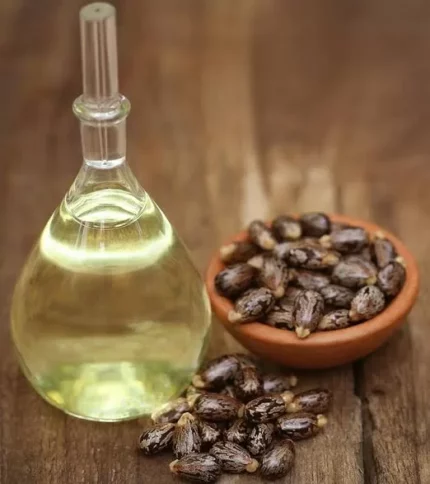
Castor Oil Food Grade
KSh0.01 Original price was: KSh0.01.KSh0.00Current price is: KSh0.00.

Hydrazine Food Grade
KSh0.01 Original price was: KSh0.01.KSh0.00Current price is: KSh0.00.
Glycerol Monostearate (GMS)
KSh0.01 Original price was: KSh0.01.KSh0.00Current price is: KSh0.00.
SKU:
ACS88931CHEM0
Categories: Emollients, Emulsifiers, Thickeners
Reviews (0)
Be the first to review “Glycerol Monostearate (GMS)” Cancel reply
Shipping & Delivery
Related products
Candelilla Wax
Candelilla wax is a natural vegetable wax derived from the leaves of the candelilla shrub, scientifically known as Euphorbia cerifera. It is primarily produced in northern Mexico and the southwestern United States. Candelilla wax is obtained through a process that involves harvesting the leaves, grinding them into a powder, and then boiling the powder to extract the wax.
Candelilla wax is characterized by its yellowish-brown color and a hard, brittle texture. It is composed mainly of hydrocarbons, esters, and fatty acids. One of its key components is the hydrocarbon called cerotine, which gives the wax its unique properties. It has a melting point ranging from 68 to 73 degrees Celsius (154 to 163 degrees Fahrenheit).
This wax is widely used in various industries, including cosmetics, pharmaceuticals, food, and household products. In cosmetics, it is employed as a natural alternative to beeswax or petroleum-based waxes in the formulation of lip balms, lotions, creams, and other skincare products. Its emollient and protective properties help to provide a smooth texture, enhance product stability, and improve moisture retention.
Furthermore, candelilla wax finds applications in the food industry as a coating or glazing agent for candies, chewing gum, and other confectionery products. It is also utilized in the production of candles, polishes, adhesives, and coatings due to its excellent film-forming and water-repellent qualities.
Overall, candelilla wax is a versatile and sustainable natural wax with various desirable properties, making it a valuable ingredient in numerous commercial products.
Glycerin 250 kg Drum Food Grade
Glycerin, also known as glycerol, is a colorless, odorless, viscous liquid that is sweet-tasting and non-toxic. It is a type of alcohol with three hydroxyl (OH) groups, and is commonly used in various industries such as pharmaceuticals, cosmetics, food, and personal care products. Glycerin has numerous applications, including as a solvent, humectant, emollient, and lubricant, among others. It can be derived from both plant and animal sources, and is also produced as a byproduct of soap and biodiesel manufacturing.
Isopropyl palmitate
Isopropyl palmitate is a synthetic compound that is derived from isopropyl alcohol and palmitic acid. It is commonly used as an emollient and thickening agent in cosmetic and personal care products. Isopropyl palmitate helps to enhance the texture and spreadability of formulations, leaving the skin feeling smooth and moisturized. It is often used in creams, lotions, moisturizers, and various skincare products.
Petroleum jelly 175kg
Petroleum jelly is a semi-solid mixture of hydrocarbons, usually derived from petroleum, that has a smooth and greasy texture. It is also known as petrolatum or Vaseline, which is a trademarked brand name. Petroleum jelly is commonly used as a moisturizer to soothe and protect dry, cracked, or irritated skin. It is also used in a variety of other applications, such as lubrication, waterproofing, and as a base for some cosmetics and pharmaceuticals.
Stearic Acid (Triple Pressed) 25kg
Stearic acid is a saturated fatty acid with the chemical formula C18H36O2. It is a solid, waxy substance that is odorless and tasteless. Stearic acid is commonly found in natural fats and oils, such as animal fats (beef, pork, and chicken) and vegetable oils (such as coconut oil, palm oil, and shea butter).
Stearic acid is widely used in various industries and applications. In the food industry, it serves as a food additive and is commonly used as a thickener, emulsifier, and stabilizer. It can be found in a variety of food products, including baked goods, confectionery, margarine, and chocolate.
Outside of the food industry, stearic acid has many applications. It is used in the production of candles, cosmetics, soaps, detergents, and lubricants. It is also utilized as a coating for pills and tablets in the pharmaceutical industry.
From a chemical perspective, stearic acid belongs to the class of fatty acids, which are long-chain carboxylic acids. It is called a saturated fatty acid because its carbon chain is fully saturated with hydrogen atoms, meaning it does not contain any carbon-carbon double bonds. This saturation gives stearic acid its solid form at room temperature and makes it less prone to rancidity compared to unsaturated fats.
Overall, stearic acid is a versatile compound with various industrial applications, primarily as a thickener, emulsifier, stabilizer, and lubricant.
White oil 162kg
White oil is a highly refined, colorless, odorless, and tasteless mineral oil that is commonly used in a variety of industrial, cosmetic, and pharmaceutical applications. It is produced by refining crude oil to remove impurities, resulting in a pure and stable oil that is chemically inert and non-toxic. White oil is typically characterized by its high purity, low viscosity, and low volatility, which makes it an ideal choice for applications where cleanliness, stability, and safety are important. Some common uses of white oil include as a lubricant, a carrier oil for fragrances and flavors, a plasticizer in the manufacturing of plastics, and as an ingredient in personal care products such as lotions and creams.

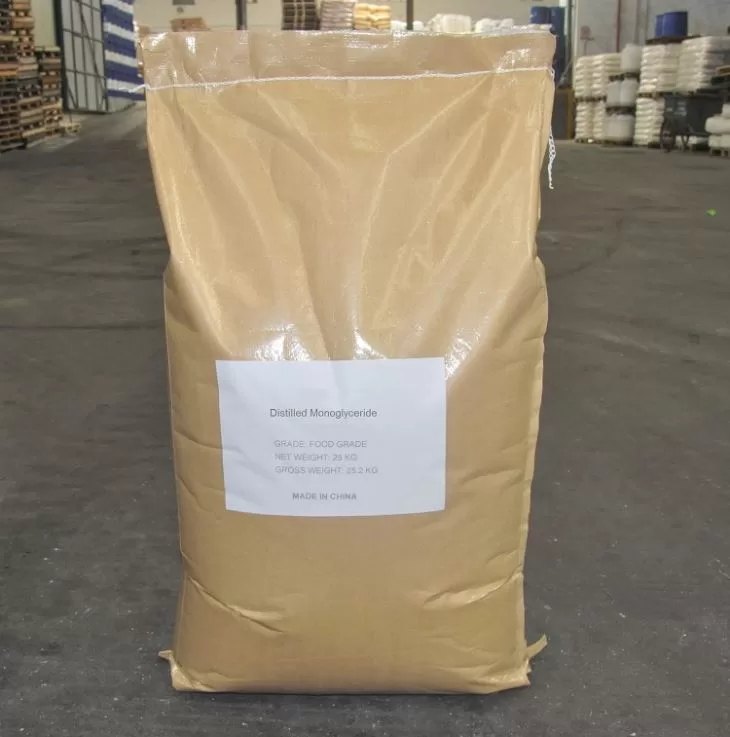
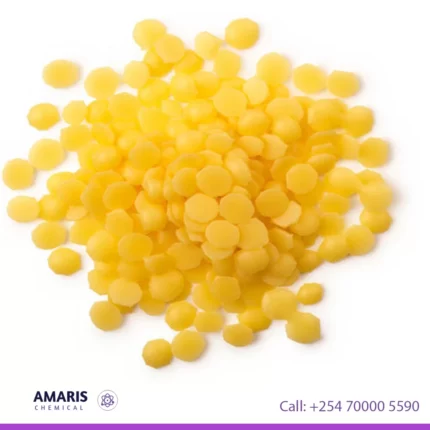
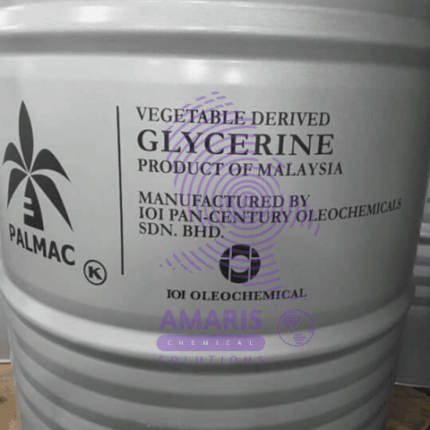
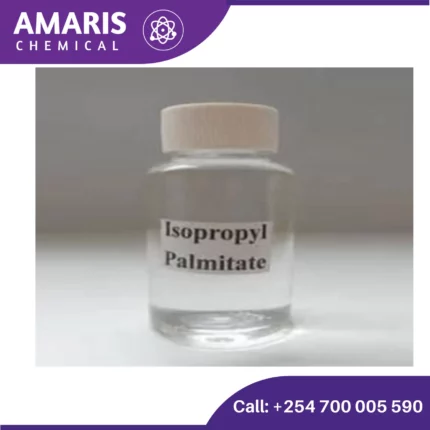
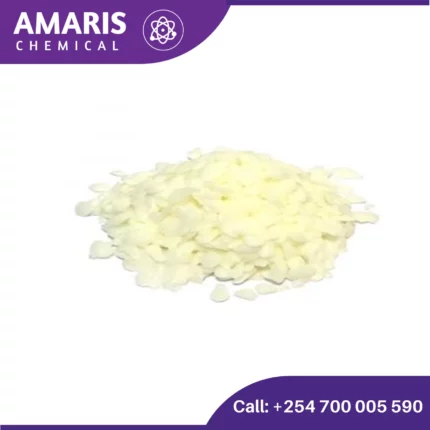
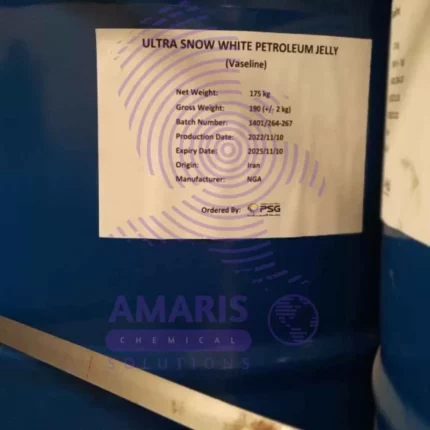
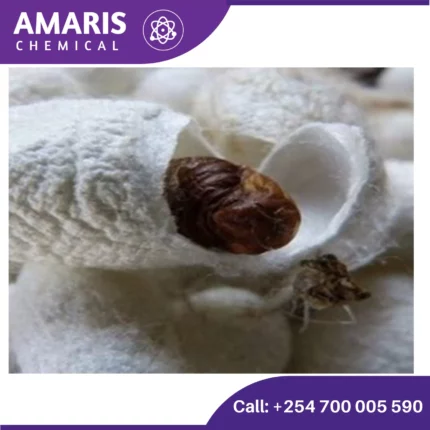

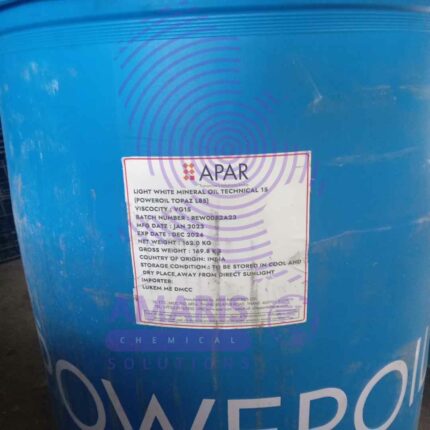
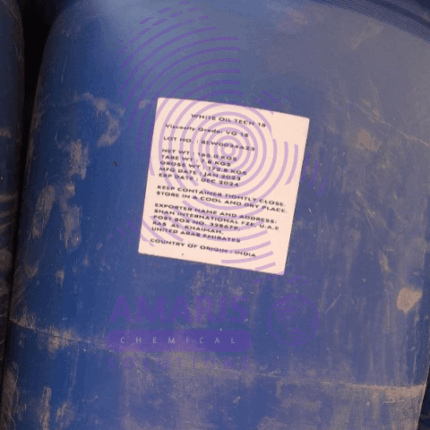
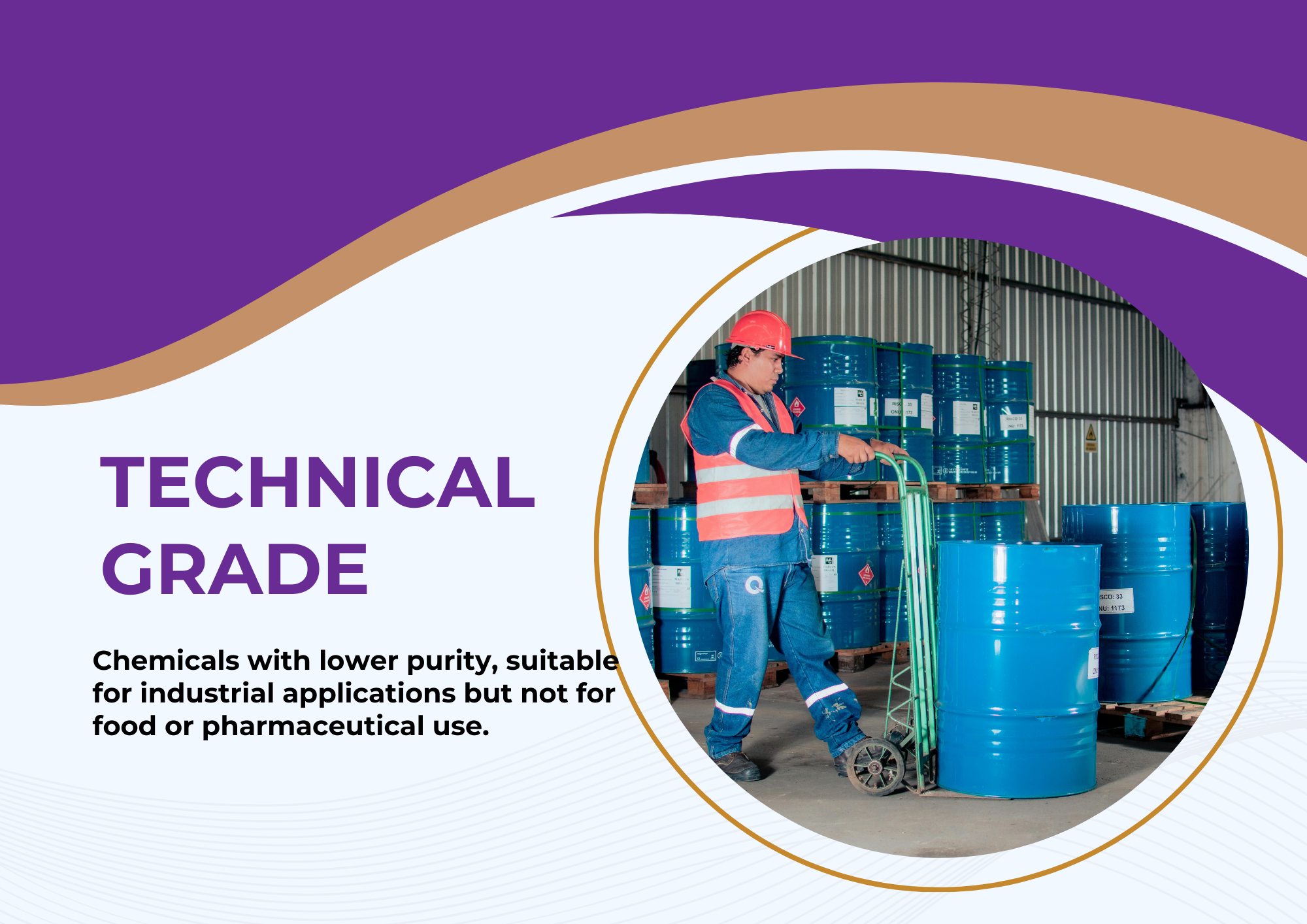



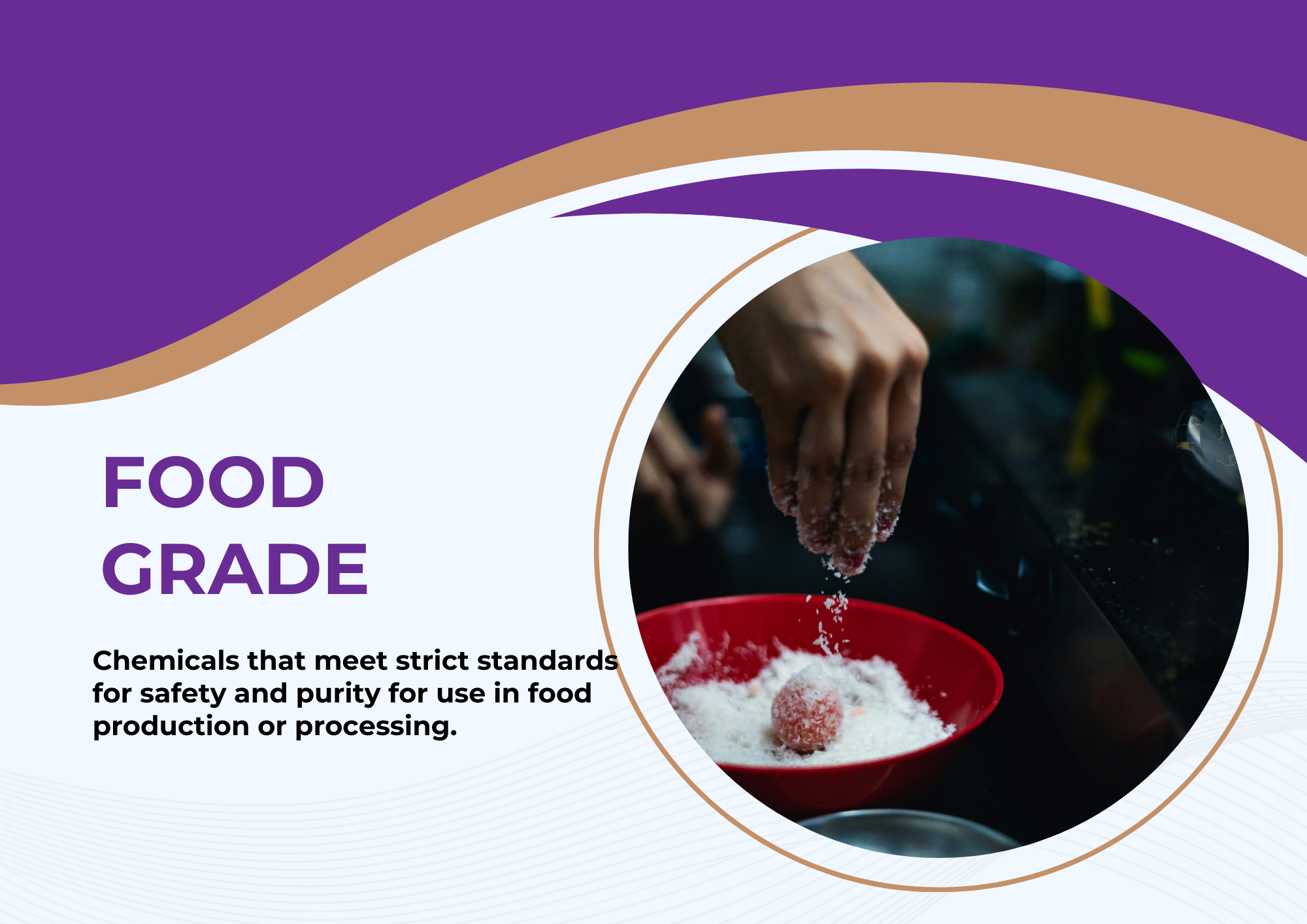

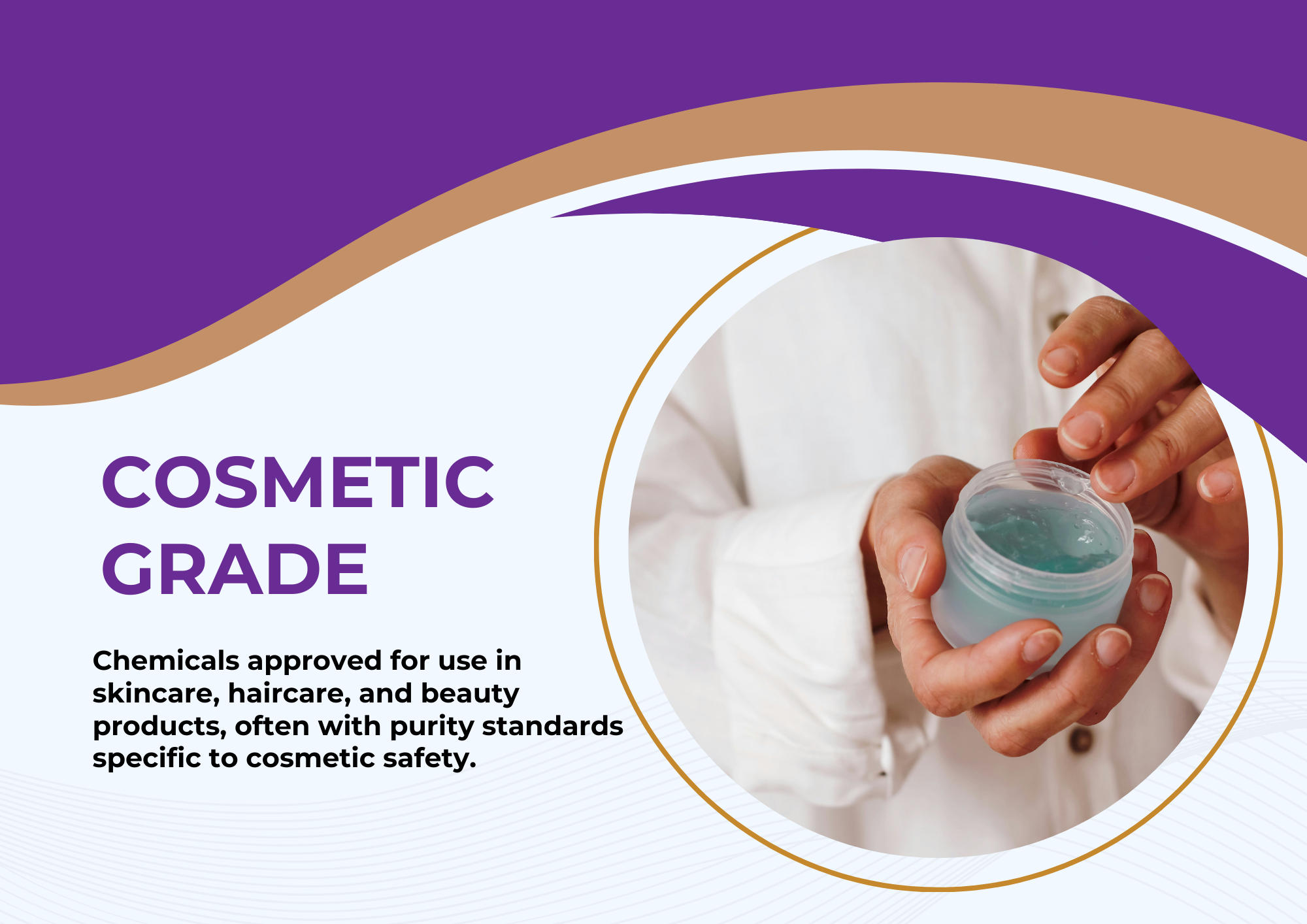
Reviews
There are no reviews yet.